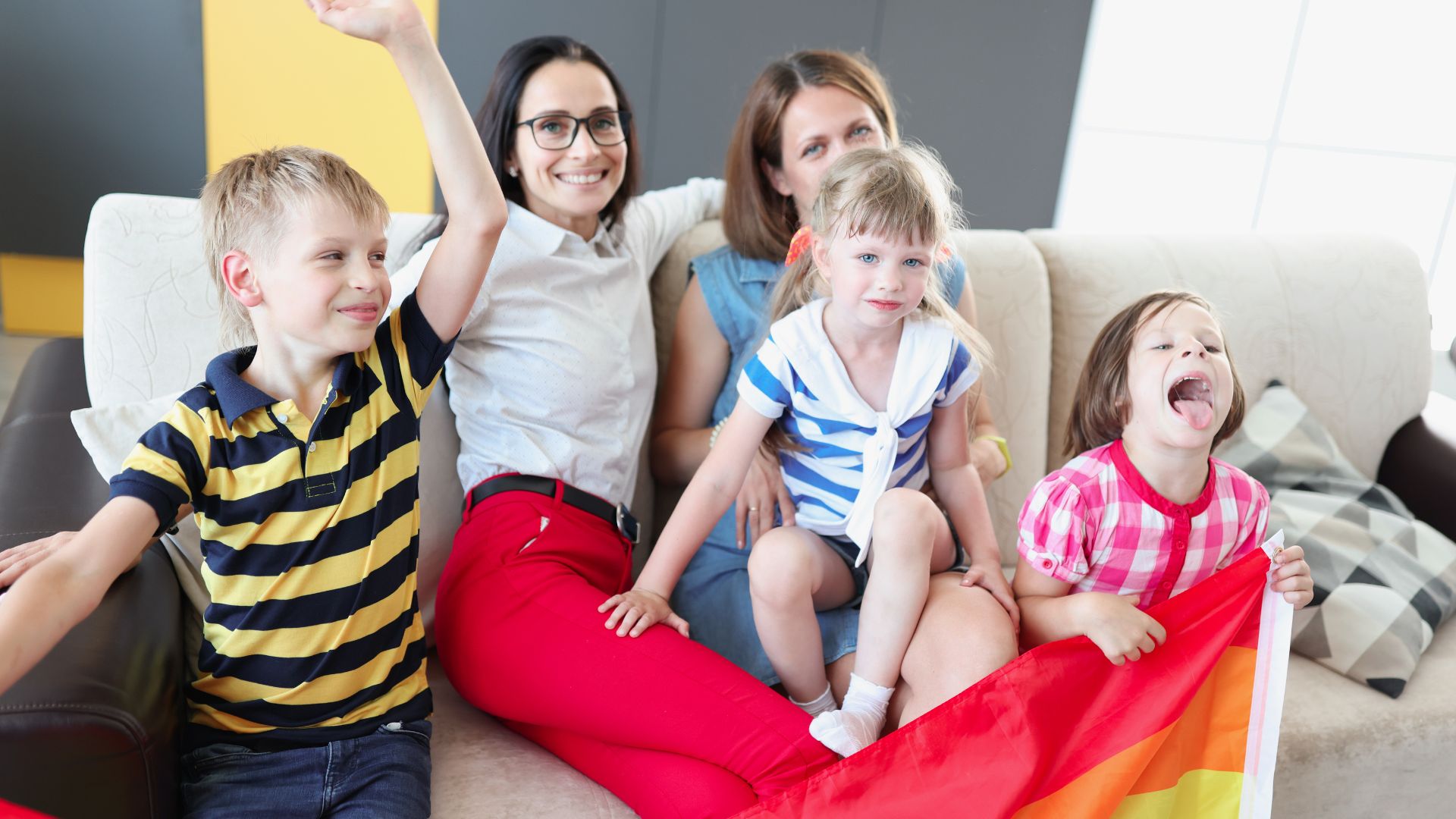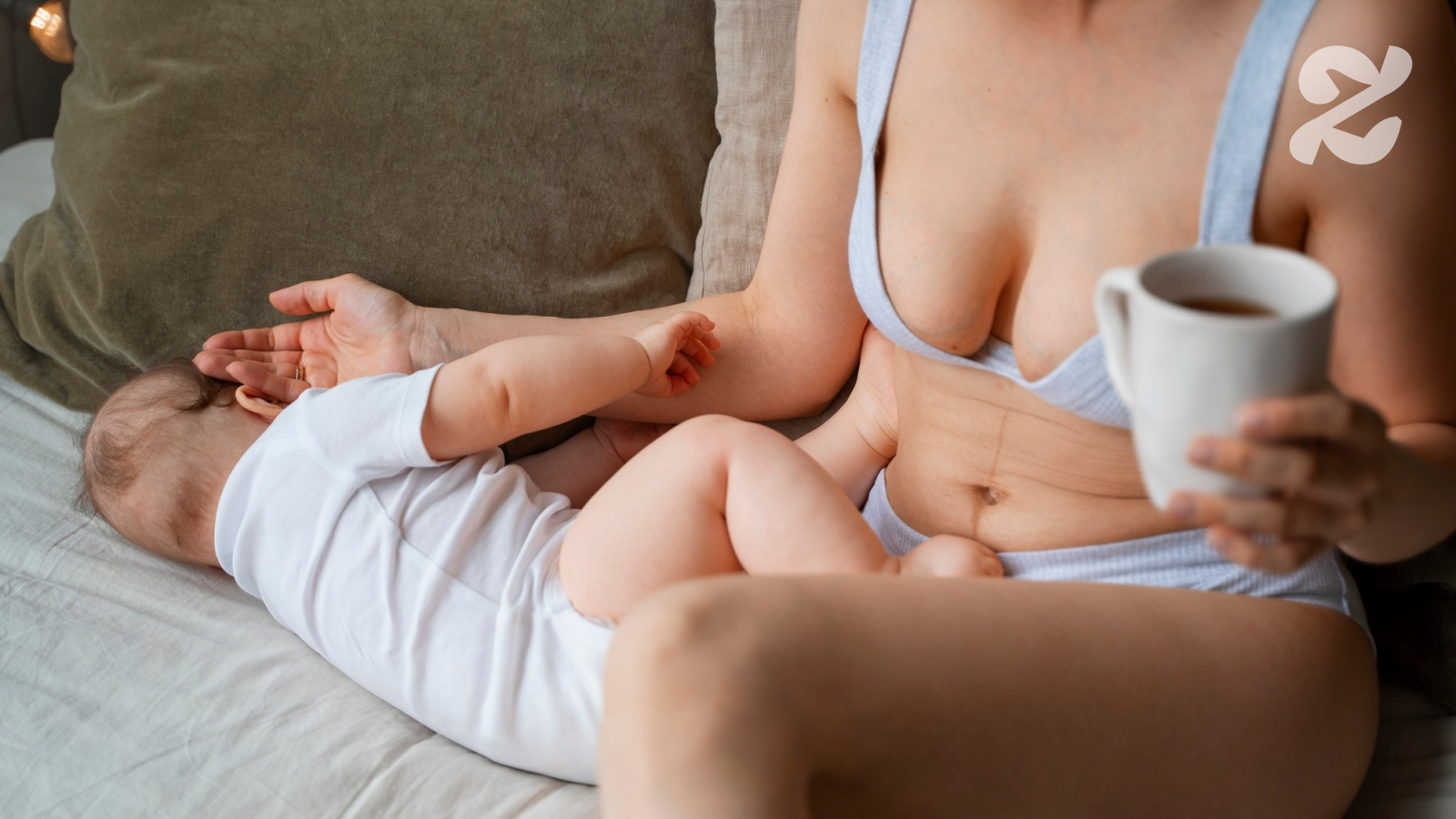It was in 2018, five years after the promulgation of the law, that France Bleu broadcast a report on the difficulties of homoparental couples to be adopted in Seine-Maritime.
Pascale Lemaire, head of the department’s adoption service at the time, calmly explains how she discriminates against them, and the children with them: “Homosexual couples are a bit atypical compared to the social norm, but also the norm biological [donc leur projet doit supporter] profiles of atypical children. »
Clarifies what he means by atypical: Children that nobody wants, because there are people who don’t want to adopt children who are too weak, too psychologically disturbed, too tall, handicapped. These children have disorders that are not sought after by couples and it is normal. »
These remarks, both homophobic and ableist, created a wave of protests as they shone a spotlight on discriminatory practices within family councils, which deal with adoption papers.
Associations and politicians are taking possession of it and evidence of discrimination is accumulating. In Meurthe-et-Moselle, requests from homoparental couples are systematically rejected; why even though We have nothing against homosexual couples, as long as we have young, stable couples with a father and a mother, we favor them according to the chairman of the department’s family council, Jean-Marie Müller.
” I had one member cry on the phone “says Nicolas Faget, spokesman for APGL, the association of gay and lesbian parents, ” to which we said “okay, you will find yourself a husband and conceive naturally, adoption is not for you“and who was advised to switch departments to see the progress of the case. »
Everywhere, discriminatory practices, discreet or overt, put obstacles in the path of adoptive parents. This is how IGAS (General Inspectorate for Social Affairs) reveals it. in a 2019 report that in four years only a dozen same-parent couples had managed to adopt.
Religious bias in family councils
But the main obstacle at the time, according to Nicolas Faget, was related to ” an overrepresentation of Catholic family associations in family councils, because historically it is the Catholic Church that deals with adoptions. »
A National Adoption Council (CNA) report released in 2019 supports this theory. It states that the composition of family councils” remains opaque and the role of religious associations appears preponderant. Similarly, the CNA believes that today only one type of family is represented, in most cases: these are married, heteroparental families. This lack of transparency leads to discrimination that harms adoption, particularly for single-parent or same-parent families seeking approval. »
You can also read several recommendations on the constitution of the family council, and in particular on the training of its various members in matters of ethics and discrimination.
Today, in every department, one person within the boards is charged with analyzing case-handling practices and discussing any discriminatory bias, whatever it may be, with the other board members. Members of homoparental associations also sit on many of these councils.
These new practices have opened up access for adoption. ” Today we see adoption rates more representative of our society “, explains Nicolas Faget. ” In Paris, for example, where until 2018 a child was only offered to one or two couples a year, we see about ten applications accepted each year. “.
Corinne Imbert, LR Senator who participated in the drafting of the CNA report, explains to Madmoizelle that if indeed there was discrimination against homoparental couples, ” the main difficulty in accessing adoption is that there are few children who can be adopted. »
Long and daunting procedures
In France, the number of state foster children, i.e. adoptable children, is less than 1,000 every year. The number of people approved for adoption, however, is over 10,000, meaning that a normal adoption process, even for heterosexual couples, takes three to seven years.
Nathan, one of the pioneers of same-parent adoption since he and her husband Jean-Baptiste adopted their son in 2018 after a four-year process, recounts this long wait:
” This is the hardest thing to understand. We are asked not to think too much about it, because our request may not materialize, and so we go to great lengths to occupy our minds and think about something other than follow-up appointments. We’re actually just waiting for one thing: for the phone to ring. »
They begin their rapprochement in the Rhône, and they are the only homoparental couple present at the information meeting: “Our main fear was that of having to justify ourselves more than heterosexual couples. But during meetings and interviews we realized that we had nothing more to prove”. However, in their approach they feel very alone: ”We had no resources, it was the beginning of adoption for everyone, the testimonies I had they were very limited. When Gaël arrived, I wanted to share my experience to help some couples understand the adoption procedure and live it in a more serene way. “. On Instagram he created the account Les Papas Adoptés to share their story.
According to Nicolas Faget, the developments in terms of access to same-parent adoption in recent years “represent an excellent step forward and recognition for our families on a daily basis, inscribing the same-parent family in society”, even if it is not perfect, because there are still some prejudices: “There are hints of homophobia in the registration forms and in the questions asked, which are not suited to the situation of same-parent couples, and the professionals do not wish to modify them to adapt them to a request on two-hundred. We are not equal yet, sang at the National Assembly in 2013, but we are making progress. »
Do you like our articles? You will love our newsletters! Sign up for free on this page.
More articles about
Rights of LGBTQI+ people
-
LGBT violence is on a “worrying increase”, according to SOS Homophobia
-
Homophobia: Footballers refuse to wear the colors of the rainbow flag
-
Three good reasons to go to the Family Pride Festival
-
Rozenn Le Carboulec, 10 years of marriage for everyone: “A bitter anniversary for many interested people”
-
A Catholic college suspends the broadcast of the film Tomboy
Source: Madmoizelle
Mary Crossley is an author at “The Fashion Vibes”. She is a seasoned journalist who is dedicated to delivering the latest news to her readers. With a keen sense of what’s important, Mary covers a wide range of topics, from politics to lifestyle and everything in between.





